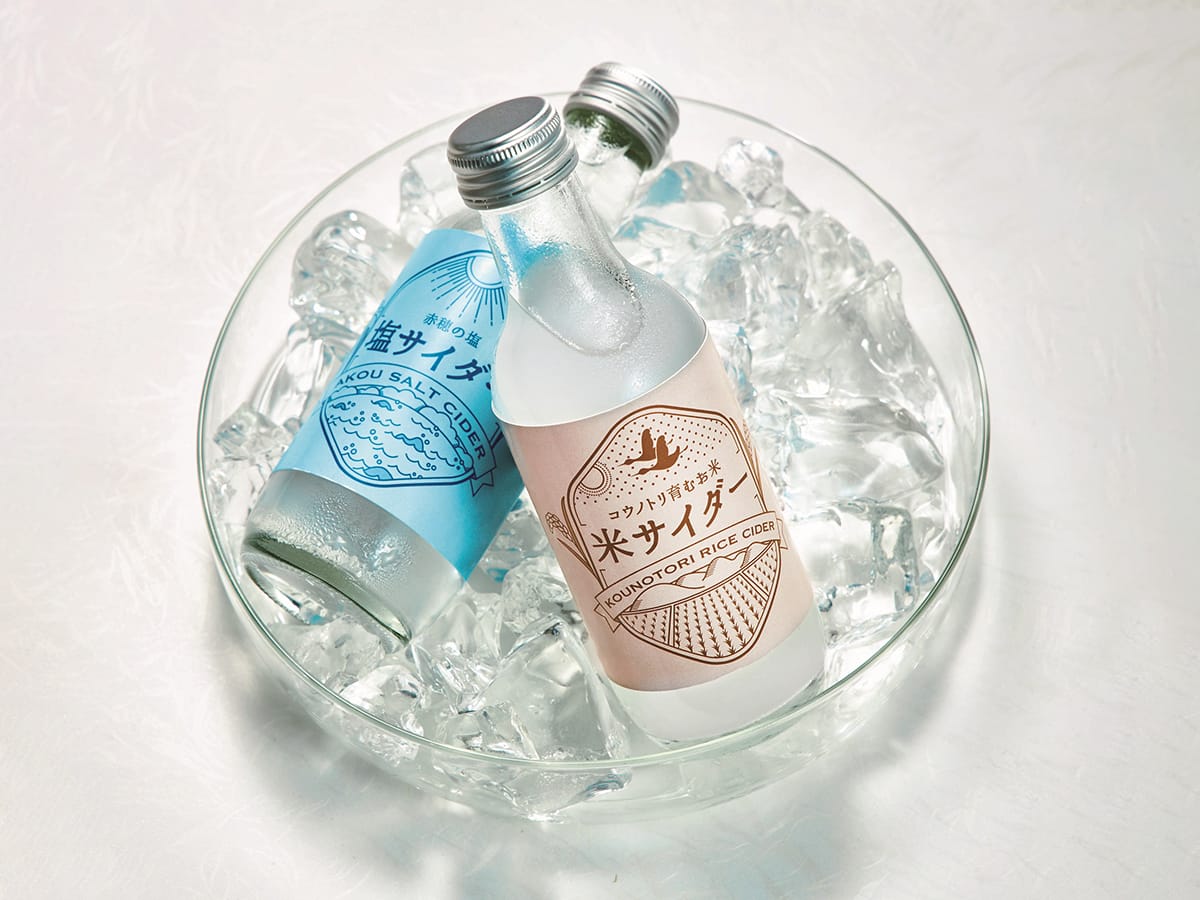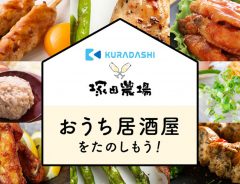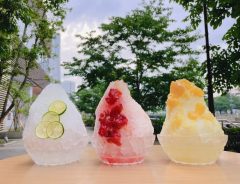
Source: © PR Times, Inc.
Mitsukoshi Isetan suggests o-chūgen summer gifts with a “sustainable” focus this year
- Tags:
- eco-friendly / Mitsukoshi Isetan / o-chūgen / Oriental white stork / recycle-based farming / SDGs / sustainable
Related Article
-

McDonald’s Japan to begin providing wood utensils and paper straws nationwide
-

Japanese chain helps fight food waste and turns home tables into at-home izakayas
-

Cafe’s “sustainable” summer delights include boozy sudachi gin, gazpacho tomato shaved ice
-

Fan art to revitalize Akihabara during pandemic to be displayed at “Draw my Akiba” exhibit
-

Shared kitchen space project in Japan gives restaurant entrepreneurs relief during pandemic
-

Get freaky this fright night with a Halloween Flower Mask made with ‘recycled’ flowers


Summer gifts in Japan: O-chūgen
Traditionally, there are two seasons for gift giving in Japan, お歳暮 oseibo (which means "year-end") in winter and o-chūgen お中元 (meaning "middle event") in summer. Both words can also be used to describe the gifts themselves. Originating in China from Taoist practices of offering seasonal food blessings to the gods, they were brought into Japan and slowly integrated with Buddhism. O-chūgen, in particular, became popular since its timing was close to the 盆 Bon Festival in which gifts of rice, noodles, etc. were offered to the deceased.
Since the 20th century, o-chūgen has evolved into a more secular practice. People give gifts to family members, friends or members of the community to whom they feel indebted. Until the 1990s, companies also sent gifts to their business partners and clients, but the practice has become less popular in the 21st century. In the last several decades, the types of gifts sent for o-chūgen have expanded to include things like snacks, fruits, beer, laundry detergent and others.
The season for sending o-chūgen gifts is usually between the beginning and the middle of July every year.
"Sustainable" O-chūgen gift ideas from Mitsukoshi Isetan
For 2021, Mitsukoshi Isetan has prepared a number of products centered on the theme of sustainability.
For example, the selections include products made from rice grown using a "stork-nurturing farming method," products born from recycle-based agriculture, and products that curb waste through effective utilization of local resources.
Products can be purchased until August 17th, 10:00 JST on Mitsukoshi's O-chūgen online store and Isetan's O-chūgen online store from May 14th, 10:00 to August 17th, 10:000 JST.
All prices listed include tax. Of the approximately 2,400 items available, approximately 1,000 items will be shipped free of charge, and the rest will be shipped at a flat rate nationwide (550 yen or 770 yen depending on the item).
Here is a sample of the products available:
Stork-friendly rice cider
The "stork-nurturing rice farming method" is an ecologically friendly method in which rice farming is combined with the preservation of a healthy living environment for the endangered Oriental white stork. Once extirpated from Japan and the Korean Peninsula, the bird has been slowly reintroduced in the last two decades. Rice is grown and harvested in summer and the fields are filled with water in winter providing fish and frogs for the birds to eat, while the frogs eat harmful insects, removing the need for pesticides that harm the storks.
This refreshing cider assortment made by 小松飲料 Komatsu Beverage features rice harvested from such fields. Slightly carbonated and easy to drink, it has a mild rice flavor and a natural, gentle sweetness. The set includes six bottles each of "Stork-friendly cider" and "Shio Cider" with a hint of salt from Ako, Hyogo Prefecture. Price: 3,240 JPY. Purchase from Mitsukoshi or Isetan.
Ishigaki Island "Recycle-Based Farming" Organic Pineapple Juice
This delicious organic juice is made from pineapples grown on やえやまファーム Yaeyama Farm, Ishigaki Island, using no chemical fertilizers and pesticides. It's a recycle-based farm in which pineapple dregs leftover from juice-making are fed to 南ぬ豚 Painu-buta pigs, who then produce fertilizer used in the fields to grow pineapples. In so doing, they are protecting the environment and the resources of Ishigaki Island by creating a beneficial cycle of agriculture and livestock, and creating no waste. Pork products from Painu-buta pigs fed on pineapples are also available. Price: 6,480 JPY. Purchase from Mitsukoshi or Isetan.
Morihachi "Treasure of Noto" Gelée
This set of luxurious and refreshing deserts are made by Morihachi, a long-established company in Kanazawa City, with Ruby Roman grapes and Akasaki strawberries grown in Ishikawa Prefecture. These local ingredients are not readily available in the market due to their short shelf life and strict shipping regulations, but turning them into a gelée makes effective use of these choice ingredients and allows consumers throughout Japan to appreciate them. Price: 3,996 JPY (Mitsukoshi) / 5,940 yen (Isetan).
Eco-Friendly Bubble Guard Hand Soap
Bubble Guard is a hand soap made using the traditional kettle-boiled method. No alcohol, fragrance, antibacterial agents, or other additives are used. This bubble-type soap is environmentally friendly and easy to use, as it is biodegradable even when poured into rivers and oceans. Price: 3,080 JPY. Purchase from Mitsukoshi or Isetan.
See the whole range of products centered on the theme of sustainability at Mitsukoshi Isetan.